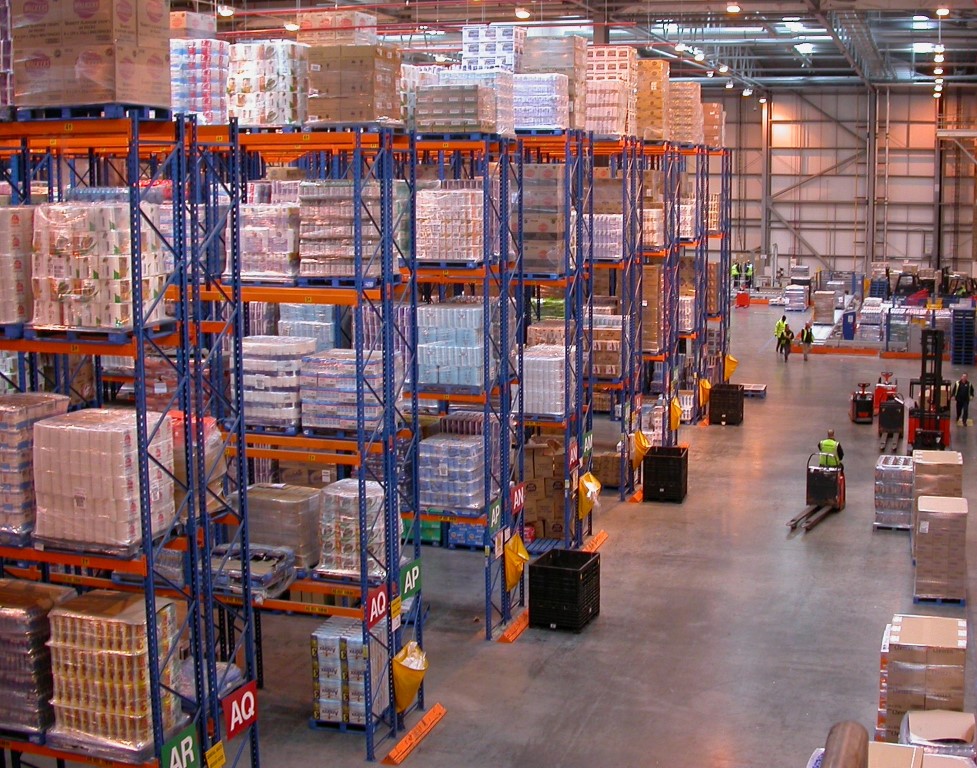The FMCG industry supply chain model in the GCC region is set to transform into ‘ultra glocal’, as the pandemic-hit industry hurries to put in place a disruption-resistant sourcing and supply structure to face future challenges.
Industry insiders also said sustainability is the new buzz word, as the sector leaders grapple with a set of new factors to be weighed in to buffer the previous solely cost efficiency-based supply chain model.
“The pandemic will have a continuous effect on formation of the new supply chain doctrines and models (for the FMCG industry),” Arzu Alibaz, Global CEO for out-of-home business at IFFCO, told Arabian Business.
“Contingency plans for uninterrupted supply chain operations are really becoming a norm these days,” she revealed.
The ‘out-of-home’ segment, which mainly caters to restaurants, pubs and airlines, has suffered an average 40 percent decline in the last nine-month average basis, although this was a significant improvement from the 80-90 percent losses suffered in the early days of the pandemic.
Alibaz also said there was need for ultra-localisation for sourcing in the emerging model.
“Local sourcing is becoming critical not only globally but also within the region. This will act as a buffer for disruptions or force majeure situations,” she pointed out.
Industry analysts said the previous supply chain models for the FMCG industry were based on the assumption of free flow of goods and services across the world at all times.
“In such a model cost efficiency was the major decision factor in supply chain,” a Dubai-based management consultant said.
Alibaz said that the cost-based lens should be revised, giving more priority to sustainability, and having contingency plans should be the new norm.
“Sustainability in every sense is becoming more important than ever. In a post-pandemic world, there are more things to consider through a different lens,” Alibaz said.
Alibaz, however, revealed that IFFCO – the UAE-based global mass-market food products major – has not experienced a major problem in the supply chain during the pandemic.
“However this does not mean we will never experience it.”
 Arzu Alibaz, Global CEO for out-of-home business at IFFCO
Arzu Alibaz, Global CEO for out-of-home business at IFFCO
The senior IFFCO executive said local sourcing and working with local suppliers will surely bring significant advantages for an uninterrupted supply chain in the post pandemic world.
“We are already seeing this mindset change in our customers,” Alibaz said, adding that her business division at IFFCO was partnering with many of its customers to review their supply chain models towards a more sustainable future.
She also said the ability to invest and create mutually beneficial relationships to nourish growth and profitability was another serious challenge the FMCG industry is currently facing.
“In ‘out-of-home’ business, every channel is a stage, therefore work is theatre,” she said, adding that the company was operating a highly fragmented industry, with 14 different core channels and 64 sub-channels.
“Each channel’s needs are different from the other. Tandoor channel’s needs are totally different from the bakery, even though both of their main products are wheat.”





